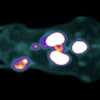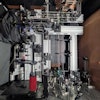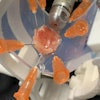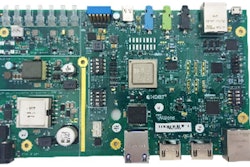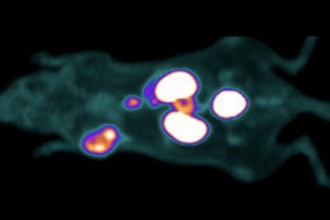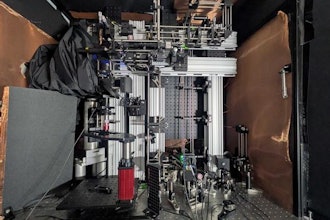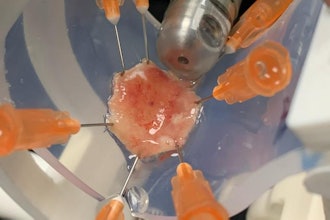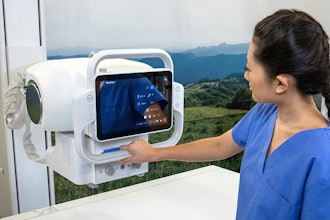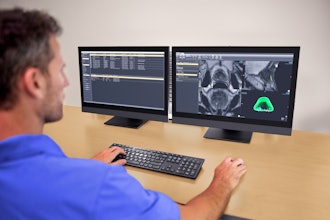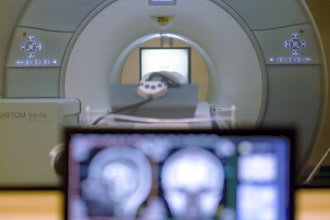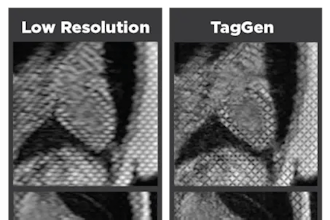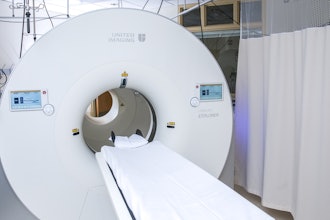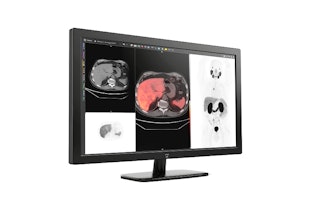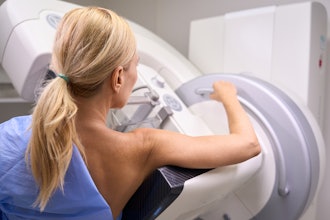
BrainScope announced its FDA-cleared, handheld Class 2 medical device that uses artificial intelligence and machine learning technology to identify objective biomarkers of structural (intracranial hemorrhage) and functional (concussion) brain injury in patients with suspected mild traumatic brain injury (mTBI) has received an Innovative Technology contract from Vizient.
The health care performance improvement company awarded the contract based on the recommendation of BrainScope by hospital experts who serve on one of Vizient’s member-led councils.
Dr. Diku Mandavia, Chief Medical Officer of BrainScope said, “Our agreement with Vizient provides hospitals increased access to the BrainScope technology to rapidly and objectively aid in ruling out the likelihood of a brain bleed while also assessing the severity of functional impairment. This is important because millions of patients first seek care each year at the Emergency Department for these types of injuries. Our current hospital customers have demonstrated a 30-60% reduction in use of head Computerized Tomography (CT) when using BrainScope, sparing patients unnecessary radiation that increases their lifetime risk of cancer. BrainScope does not require a blood draw or processing in a lab — it is completely non-invasive, truly point-of-care and has immediate benefits to both the patient and the Emergency Department.”
BrainScope is a medical neurotechnology company that is improving brain health by providing objective, diagnostic insights that enable better patient care. The company’s technology supports the American College of Emergency Physicians (ACEP) Choosing Wisely campaign to avoid CT scans of the head in emergency department patients with minor head injury. BrainScope’s innovative EEG-based, AI-derived algorithms empower physicians to quickly make accurate head injury assessments, addressing the full spectrum of traumatic brain injuries from structural (brain bleed) to functional (concussion) injuries, providing for the first time a full picture of the injury, and doing so in less time and without radiation.

